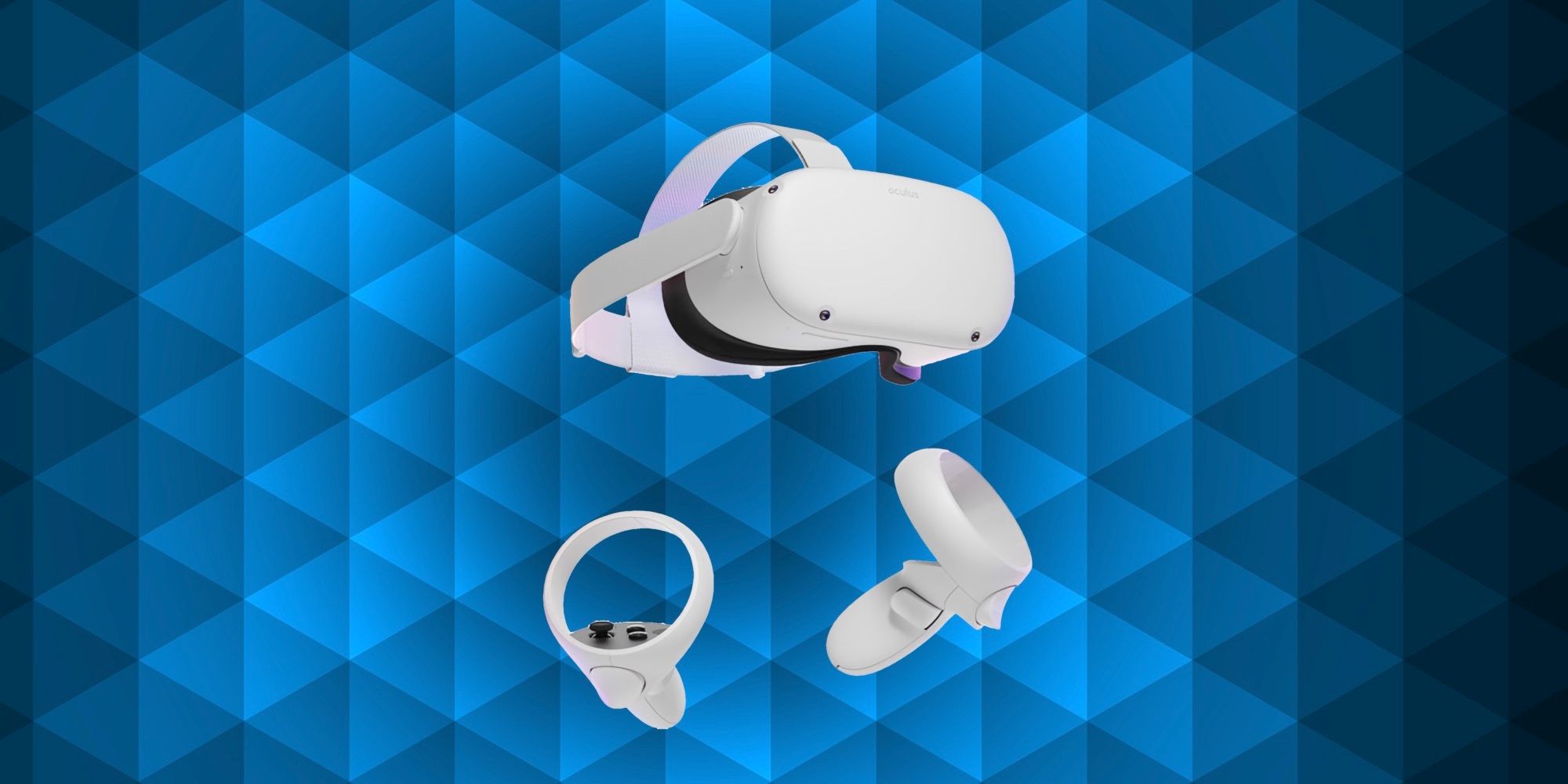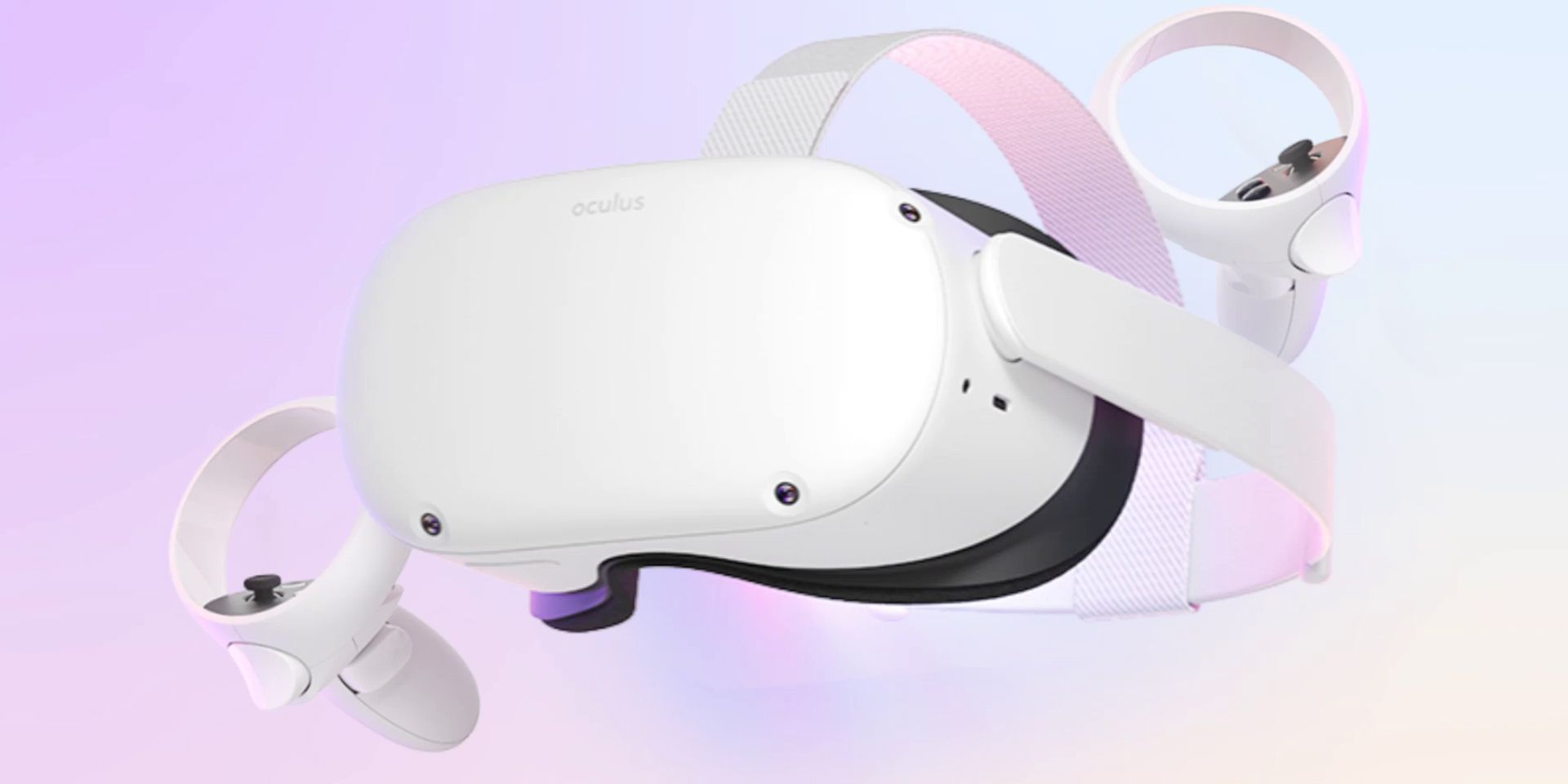Meta — the company formerly known as Facebook — is projected to sell close to seven million Quest 2 virtual reality headsets in 2022, but is that enough for its bold metaverse plans? Meta’s Oculus unit (now dubbed Meta Platforms) has been operating in the VR space for almost a decade, competing with products from HTC and others. But of course, despite the plethora of experiences available to consumers, VR itself remains a relatively niche industry. Still, Meta believes the future of connected technologies will be not only virtual but also augmented, and so it is investing heavily to develop its metaverse.
Meta’s Reality Labs division is working on several prototype devices for the project. Researchers are exploring a slew of ideas they hope will make a VR/AR world attractive to consumers, from augmented reality headgear to gloves for gripping virtual objects. But with so much of the development in the exploratory phase, the firm’s initial steps into the metaverse are happening via its Quest headsets. Meta’s Horizon Workrooms launched in late summer 2021, allowing colleagues to meet in a virtual environment where they can interact with one another’s legless avatars.
According to research firm IDC, Meta sold 3.5 million VR products in 2021, giving the Menlo Park company a total market share of almost 75 percent. This year, IDC expects sales of VR and AR will climb to 9.8 million headsets, with Meta accounting for between 5.3 million and 6.8 million units. Shipments of AR and VR devices are projected to reach 32.8 million by 2025.
Growth Of AR Headsets Expected To Eat Into VR Sales
Although the expansion of the industry seems good for Meta, it’s of note that IDC expects augmented reality units will account for as much as a third of all VR and AR products sold in 2025. This means that, by the middle of the decade, Meta could face some stiff competition — mainly because it doesn’t yet sell an AR headset. Of course, the company is expected to launch an AR device in 2022, but so are many others. Apple is rumored to enter AR more seriously space this year, and Google is said not to be too far behind. With the volume of reports swirling, it seems clear the tech behemoths will not easily cede control of the metaverse.
When Facebook morphed into Meta, CEO Mark Zuckerberg made clear he considers the metaverse the natural successor to the mobile web. But even if Meta does manage to ship almost seven million VR units in 2022, that figure puts it in the ballpark of Google Pixel numbers — a relative minnow by smartphone sales. So while the Quest 2 is Meta’s initial push into the metaverse, the company certainly has a lot more to do to make it a reality.
Source: IDC


